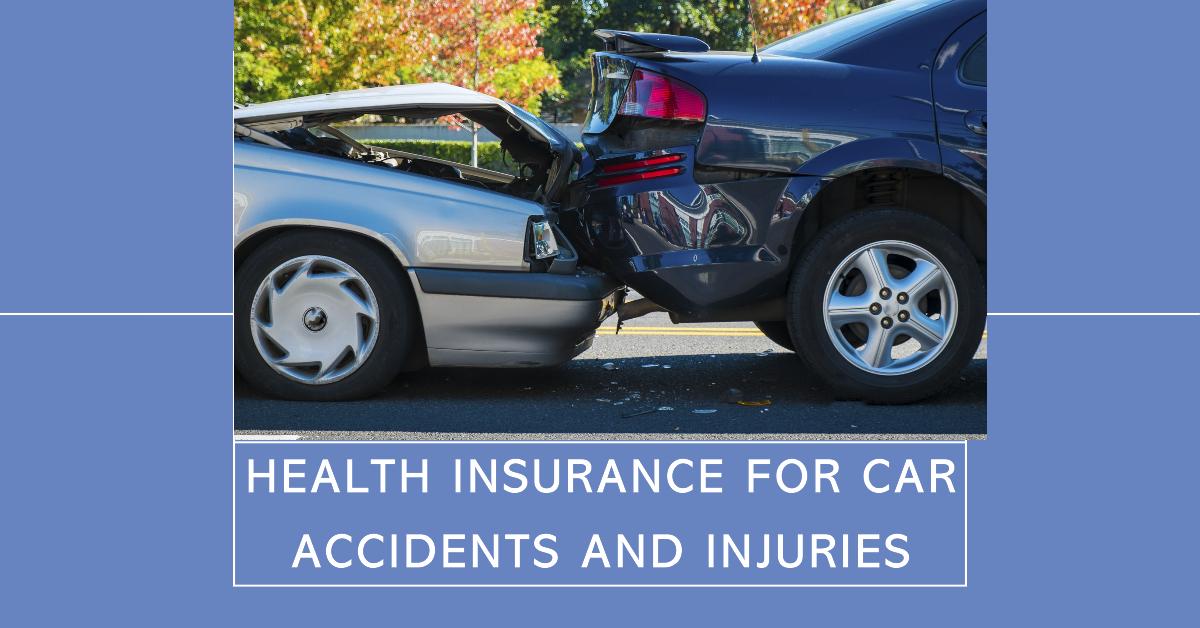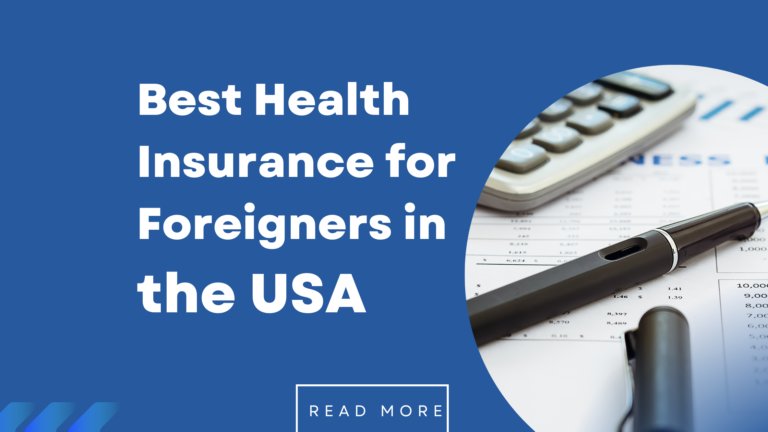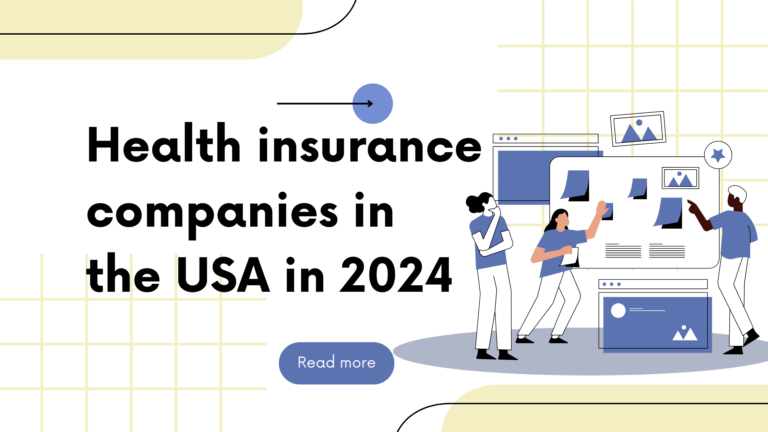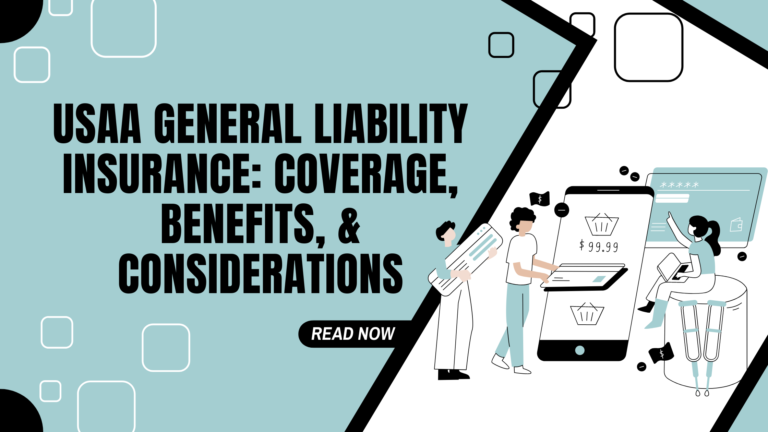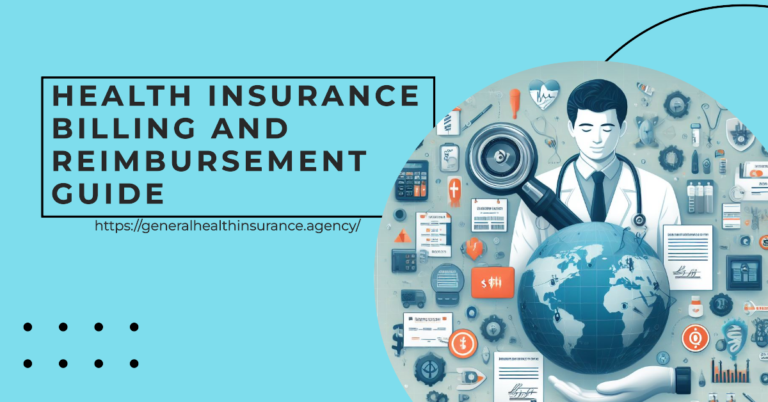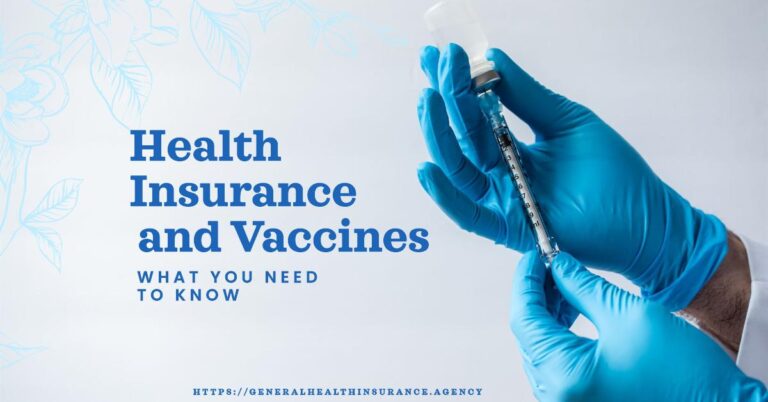Does Health Insurance Cover Car Accidents and Injuries?
Introduction
In the hustle and bustle of everyday life, accidents can happen unexpectedly. One common type of accident that occurs frequently is car accidents. These incidents can lead to various injuries, ranging from minor bruises to severe trauma. Amidst the chaos of dealing with the aftermath of a car accident, many individuals wonder: Does health insurance cover car accidents and injuries? In this comprehensive guide, we’ll delve into this question, exploring the nuances of health insurance coverage in the context of car accidents.
Understanding Health Insurance Coverage
Before delving into the specifics of health insurance coverage for car accidents, let’s first establish a foundational understanding of health insurance itself. Health insurance is a contractual agreement between an individual and an insurance provider, aimed at mitigating the financial burden of medical expenses. It typically covers a wide range of medical services, including doctor visits, hospitalizations, surgeries, and prescription medications.
Health Insurance and Car Accidents
Does Health Insurance Cover Car Accidents?
Yes, health insurance does cover injuries sustained in car accidents. However, the extent of coverage and the specific details can vary depending on several factors, including the type of health insurance plan you have and the circumstances surrounding the accident.
Primary Health Insurance Coverage
In most cases, your primary health insurance plan will provide coverage for injuries sustained in a car accident. This coverage applies regardless of who is at fault in the accident. Whether you’re the driver, a passenger, or a pedestrian involved in a car accident, your health insurance should kick in to cover medical expenses related to your injuries.
Coverage Limits and Deductibles
It’s essential to be aware of the coverage limits and deductibles associated with your health insurance plan. Coverage limits refer to the maximum amount your insurance provider will pay for medical expenses within a specified period. Deductibles are the out-of-pocket expenses you must pay before your insurance coverage kicks in. These factors can impact the extent of coverage for car accident injuries.
Coordination of Benefits
In cases where multiple insurance policies are involved, such as health insurance and auto insurance, coordination of benefits may come into play. Coordination of benefits ensures that you receive the maximum coverage possible without double-dipping or exceeding coverage limits. Your health insurance provider may coordinate with your auto insurance provider to determine the appropriate coverage for car accident injuries.
Special Considerations
Personal Injury Protection (PIP)
Some states require drivers to carry Personal Injury Protection (PIP) coverage as part of their auto insurance policy. PIP coverage is designed to cover medical expenses and other costs resulting from a car accident, regardless of who is at fault. If you live in a no-fault insurance state, your PIP coverage may be the primary source of compensation for injuries sustained in a car accident.
Uninsured/Underinsured Motorist Coverage
In cases where the at-fault driver in a car accident is uninsured or underinsured, your health insurance policy may serve as a backup source of coverage. Additionally, some auto insurance policies include uninsured/underinsured motorist coverage, which can help cover medical expenses if you’re injured by a driver who lacks sufficient insurance coverage.
Conclusion
In conclusion, health insurance does cover car accidents and injuries, providing much-needed financial protection during challenging times. However, the specifics of coverage can vary depending on your health insurance plan, auto insurance policy, and the circumstances of the accident. By understanding your coverage limits, deductibles, and coordination of benefits, you can navigate the complexities of health insurance with confidence, knowing that you’re prepared for whatever the road may bring.
FAQs
Q: Will my health insurance cover car accident injuries if I’m at fault?
A: Yes, regardless of fault, your health insurance should cover injuries sustained in a car accident, assuming you have an active health insurance policy.
Q: Can I use my health insurance for injuries sustained in a hit-and-run accident?
A: Yes, if you’re injured in a hit-and-run accident and have health insurance, you can use it to cover your medical expenses.
Q: Are there any medical expenses that health insurance might not cover after a car accident?
A: While health insurance typically covers a wide range of medical expenses, there may be certain treatments or services that are not covered. It’s essential to review your policy details or consult with your insurance provider for specific exclusions.
Q: How do I ensure maximum coverage for car accident injuries?
A: To ensure maximum coverage for car accident injuries, it’s crucial to understand your health insurance policy, coordinate benefits with any other applicable insurance policies (such as auto insurance), and promptly report the accident to your insurance providers.
Q: Do medical bills need to be claimed against auto or home insurance first if you’re injured as a passenger in someone else’s car or as a guest in someone else’s house?
A: Yes, if you’re injured as a passenger in someone else’s car or as a guest in someone else’s house, it’s typically recommended to first file your medical bills with the auto or home insurance of the person responsible for the premises or vehicle where the injury occurred. This allows for potential coverage of medical expenses under their liability insurance policies, which may provide compensation for your injuries. However, coverage specifics can vary depending on the circumstances of the accident and the insurance policies involved. It’s advisable to consult with an insurance agent or legal professional to understand your options and ensure proper handling of your medical claims.
